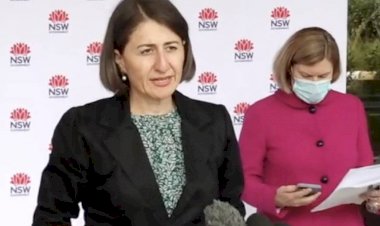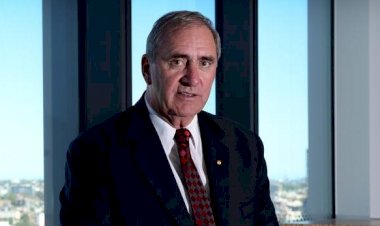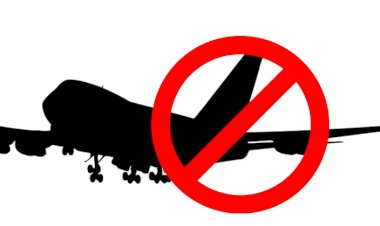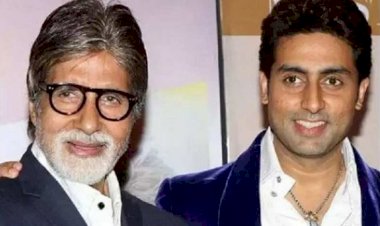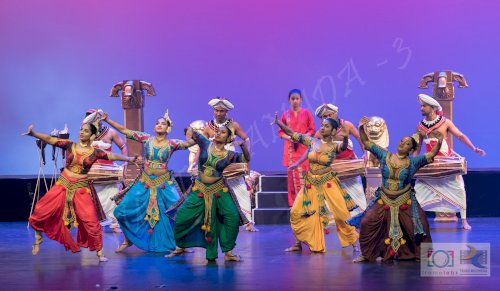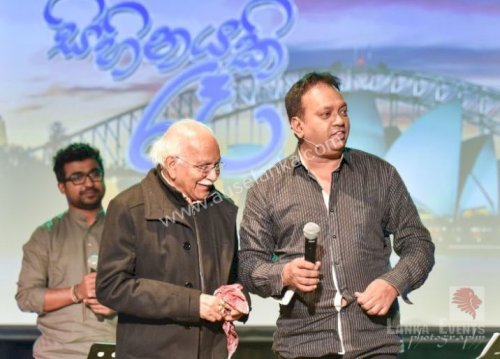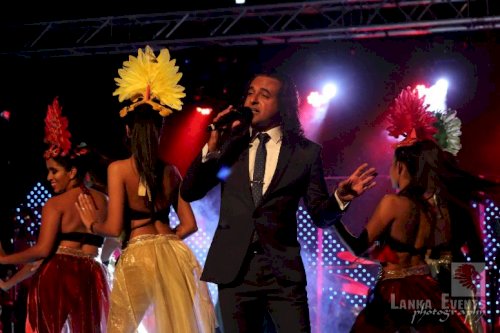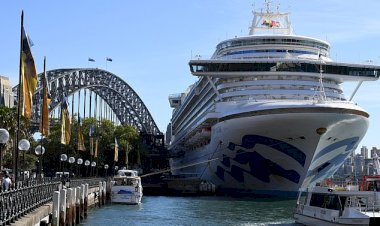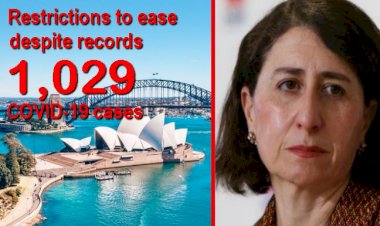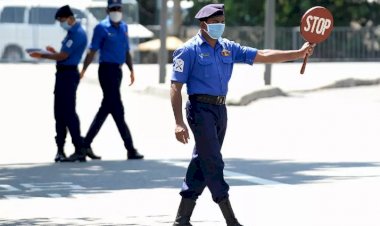Sri Lanka Parliament votes to strengthen presidential power
The 20th Amendment to Sri Lanka’s Constitution that envisages expansive powers and greater immunity for the Executive President was passed in Parliament with a two-thirds majority, following a two-day debate.
The 20th Amendment was the Rajapaksa administration’s first big test in the legislature, since it triggered concern and resistance from not just the political opposition, but also the influential Buddhist clergy that Sri Lanka’s southern polity venerates.
The 20th Amendment to was passed on Thursday with a 91-vote majority as 156 legislators in the 225-member parliament voted in favour. Sixty-five legislators voted against.
Significantly, eight opposition MPs voted in favour of the legislation that their parties and leaders not only vehemently opposed, but also challenged at the Supreme Court. Following as many as 39 petitions filed by opposition parties and civil society groups, the Supreme Court determined that the passage of the legislation required only a two-thirds majority, except for four clauses that needed additional public approval through a referendum, unless they were amended in line with the determination.
A total of 213 Member of Parliament were present during the Second Reading with 156 voting in favour of the constitutional amendment and 65 voting against it.
SJB MPs Dayana Gamage, Ishaq Rahuman, M. Raheem, Ahamed Nasir, Mohomed Harris, Faisal Qasim, Aravind Kumar and M.S. Thowfeek have voted in favour of the draft bill in the second reading.
Former President and current SLPP parliamentarian Maithripala Sirisena was absent during the vote.
With the change, Rajapaksa will be able to hold ministries as well as appoint and fire ministers. He will also be the appointing authority of the elections, public service, police, human rights, and bribery or corruption investigation commissions.
These commissions were perceived independent with a constitutional council comprising legislators from different political parties and civil personalities making the appointments. With the amendment, the constitutional council is abolished for a parliamentary council whose observations the president is not bound to implement.
The president can also dissolve Parliament after two years and six months of it being elected instead of the previous law that prohibited him from dissolving Parliament until six months before its five-year term ends.
Rajapaksa also overcame internal opposition to a clause that lifted a ban on dual citizens holding political office.
The 20th Amendment rolls back Sri Lanka’s 19th Amendment, a 2015 legislation passed with wide support from the Rajapaksa camp — then in Opposition — that sought to clip presidential powers, while strengthening Parliament. The new legislation in turn reduces the Prime Minister’s role to a ceremonial one.
In the two-day debate, opposition MPs broadly argued that the Amendment threatened to take the country on the path of authoritarianism, giving the President unbridled powers, while government MPs emphasised the need for centralised power for better governance.
The 20th Amendment’s passage comes at a time when the country is facing a new wave of COVID-19, with the number of cases rapidly increasing — after Sri Lanka contained the pandemic in the early months — to 6,028 cases and 14 deaths as of Thursday evening.




 mode1
mode1 






